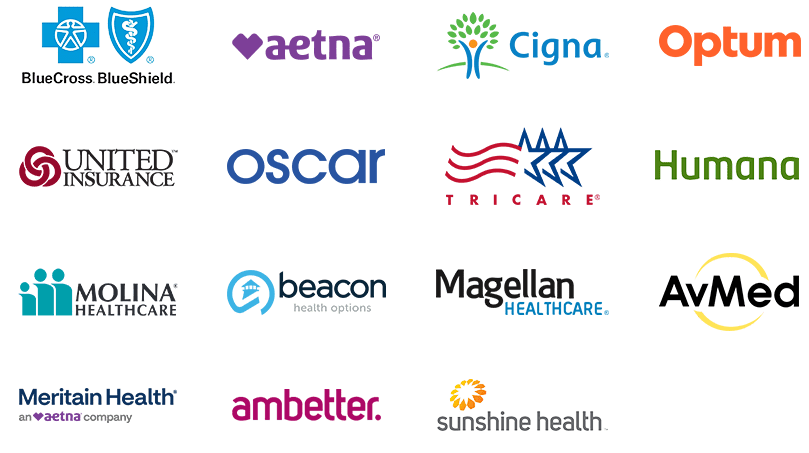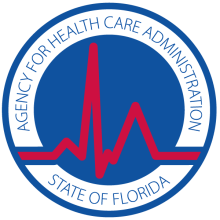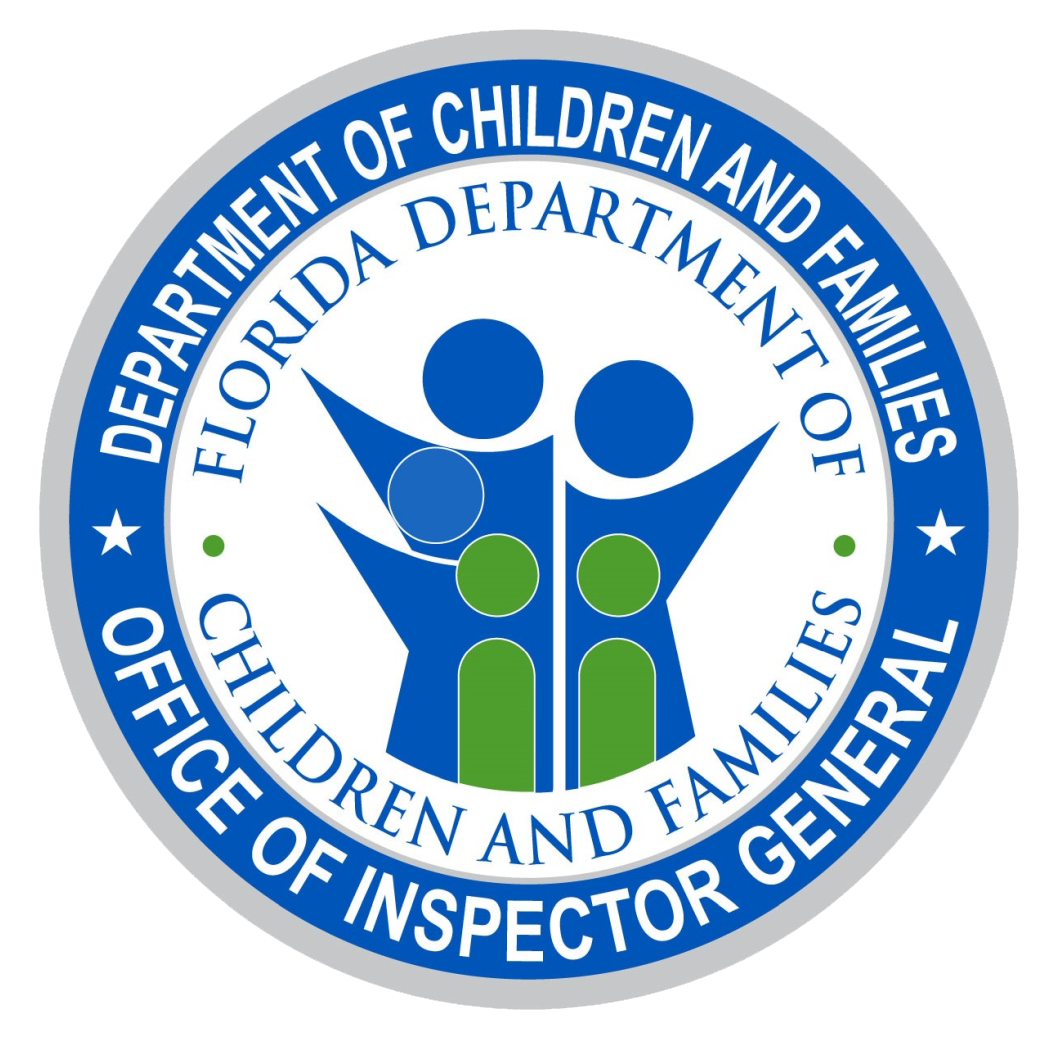In South Florida, the conversation surrounding marijuana has evolved significantly within the broader context of drug addiction and substance dependence. The impact of legalized marijuana on public perceptions has heightened the need for treatment and understanding of cannabis use disorders. With changing laws and public perceptions, it is crucial to address the darker side of cannabis use: addiction.
Marijuana Addiction Treatment in South Florida
What is Cannabis?
Cannabis, commonly known as marijuana, is a plant species referred to as the cannabis plant that has been used for centuries for both medicinal and recreational purposes. Its primary psychoactive component, delta-9-tetrahydrocannabinol (THC), interacts with the endocannabinoid system in the human body, leading to a variety of effects. These effects can range from euphoria and relaxation to altered sensory perception and increased appetite, often referred to as “the munchies.” The diverse range of effects is largely attributed to the unique chemical profile of each cannabis strain, which can vary significantly in terms of cannabinoid and terpene content.
In addition to THC, cannabis contains numerous other cannabinoids, such as cannabidiol (CBD), which is non-psychoactive and often touted for its therapeutic properties. CBD has gained popularity in recent years for its potential to alleviate conditions such as anxiety, chronic pain, and epilepsy, without the intoxicating effects associated with THC.
The method of consumption also plays a significant role in the effects of cannabis on mental health, whether through smoking, vaping, edibles, or oils. Each method offers a different onset time and duration of effects, with edibles often providing the most prolonged and intense experience due to the way they are metabolized in the body. There is an ongoing debate regarding the benefits and risks of medical marijuana, with anecdotal evidence suggesting it can be a helpful tool against conditions like post-traumatic stress disorder (PTSD).
The cultivation of cannabis has evolved dramatically, leading to a burgeoning industry that focuses on breeding strains with specific characteristics. Growers now meticulously select for traits such as flavor, aroma, and potency, resulting in an impressive variety of strains available on the market today. Some strains are bred specifically for their high CBD content, while others are bred to have specific effects or to address the symptoms of very specific medical disorders.
Is Cannabis the Same as Marijuana?
The terms “cannabis” and “marijuana” are often used interchangeably, but they refer to different things. Cannabis is the name for the plant genus that includes marijuana as well as hemp. Cannabis also encompasses all ingestible products derived from the plant, while “marijuana” frequently refers to the flower only.
Marijuana is often cultivated for its THC content, which is the compound responsible for the “high” recreational users can experience. In contrast, hemp is cultivated for its fibers, seeds, and oils, which can be used in a variety of products ranging from textiles to food supplements. Research indicates that certain compounds found in cannabis, such as CBD (cannabidiol), may offer various health benefits without the psychoactive effects associated with THC. This has led to a growing interest in cannabis-derived products for treating conditions such as chronic pain, anxiety disorders, and epilepsy.
Understanding Marijuana Addiction
Marijuana addiction is a form of substance abuse that occurs when an individual becomes physically and psychologically dependent on marijuana. This dependency is characterized by the compulsive use of the substance despite its negative consequences on daily life, relationships, and overall well-being. People with marijuana addiction may find it challenging to control their use, even when it interferes with their responsibilities and health.
Understanding the signs and symptoms of marijuana addiction is crucial in identifying the problem and seeking help. They can present as similar to other types of drug addiction, including addiction to alcohol. These symptoms can include increased tolerance, withdrawal symptoms like irritability and insomnia, and continued use despite adverse effects. Recognizing these signs early can lead to timely intervention and a better chance of recovery.

Addressing substance use disorder is essential as it significantly impacts individuals’ lives. Seeking help for substance use disorder can lead to transformative recovery and improved quality of life.
Request a Confidential
Callback 24/7
MEDICAL DETOXIFICATION
IS NECESSARY
It serves as an initial primer for the remainder of the individual’s treatment process. If a patient were to simply skip the detoxification phase of the recovery and go straight into clinical treatment, it’s quite likely that he or she would be experiencing or suffering from withdrawal symptoms and immediately leave treatment and seek comfort in their drug of choice. Although the severity of withdrawal symptoms can vary from one person to the net, the majority of individuals who are suffering from withdrawal would have extreme difficulty participating in treatment even if they stayed. With certain substances like alcohol and benzos posing potentially fatal withdrawal symptoms, detoxification is a must in order to effectively produce the best treatment outcome.
Signs of Marijuana Addiction
- Increased Tolerance: Needing more cannabis to achieve the same effects.
- Withdrawal Symptoms: Experiencing irritability, insomnia, or appetite changes when not using cannabis.
- Neglecting Responsibilities: Failing to fulfill obligations at work, school, or home due to cannabis use.
- Continued Use Despite Negative Consequences: Persisting in using cannabis despite recognizing its harmful effects on health or relationships.
It’s important to note that marijuana addiction can manifest differently in individuals. It may be influenced by factors such as frequency of use, personal history, and underlying mental health conditions. For some, the shift from casual use to dependency may occur gradually and will go unnoticed until significant life changes or challenges arise. This gradual progression can make it even more challenging to identify when recreational use has crossed the line into addiction.
Social dynamics can play a crucial role in the development of marijuana addiction. Peer pressure, social acceptance of cannabis use, and the normalization of marijuana culture can contribute to an individual’s increased consumption. Those who find themselves in environments where cannabis is frequently used may struggle to recognize their own relationship with the substance.
Never Be Alone Again
Come Join Our Recovery Family
Short and Long-Term Effects of Cannabis Addiction
Short-term effects may include:
- Impaired memory
- Altered judgment
- Decreased motor coordination
- Paranoia
- Anxiety
- Heightened mood, which can lead to unpredictable social interactions
Short-term cannabis use can affect one’s ability to concentrate and perform tasks that require attention, such as driving or operating machinery. This impairment can create a ripple effect in daily life over time, affecting work performance and personal responsibilities. Short-term cannabis use can also expose users to marijuana smoke, which can lead to respiratory issues if ingested through a harsh “smoking” method.
Long-term cannabis addiction can significantly impact mental health and cognitive function. Chronic users may find themselves struggling with:
- Long-term memory issues
- Anxiety disorders
- Feelings of depression
- Lung complications from smoking
- Long-term respiratory problems
- Changes in brain structure and function, particularly in areas related to decision-making and impulse control
These long-term effects can lead to challenges in maintaining relationships and fulfilling obligations, as the individual may prioritize substance use over other aspects of life. This can lead to social isolation and diminished quality of life.
Health Risks of Marijuana Abuse
Marijuana abuse can lead to a range of health problems, particularly affecting the heart and lungs. Smoking marijuana can cause respiratory issues such as bronchitis and lung infections, and it can also increase the risk of heart attack and stroke. The inhalation of marijuana smoke irritates the lungs, leading to chronic respiratory problems over time.
In addition to physical health risks, marijuana use has been linked to several mental health conditions. Regular use can exacerbate symptoms of anxiety and depression and can be associated with an increased risk of psychosis, especially in individuals with a predisposition to mental health disorders. Marijuana use during pregnancy can pose significant risks to the developing fetus, potentially leading to health or mental problems in babies.
Understanding these health risks underscores the importance of addressing marijuana abuse and seeking appropriate treatment to mitigate these adverse effects.
Insurance Can Help Cover
the Cost of Treatment at PRC.

WE’VE GOT
YOU COVERED!
Insurance coverage for treatment is within reach. We are in-network with most insurance carriers in Florida.
Treatment for Marijuana Addiction

Marijuana addiction treatment should be tailored to the individual, as each person’s journey to recovery is unique. At Principles Recovery, we work to create custom treatment plans tailored to fit the individual. Various approaches can be effective, including:
- Cognitive Behavioral Therapy (CBT): This approach to therapy helps individuals recognize and change their patterns of thinking and behavior associated with drug use.
- Support Groups: Engaging with others in recovery can provide a sense of community and shared understanding. Cannabis addiction is frequently misunderstood or not treated as a “real” form of drug abuse, so having support from those facing similar obstacles can go a long way in staying sober.
- Residential Treatment Programs: For those struggling significantly with addiction, more intensive care in a focused environment may be necessary.
In addition to these strategies, holistic approaches such as mindfulness and meditation have gained popularity in dealing with addiction and building necessary skills. These practices can help individuals develop greater self-awareness and emotional regulation, which are essential for overcoming addiction. Lifestyle changes like engaging in regular physical activity, maintaining a balanced diet, and establishing a consistent sleep routine can enhance overall well-being and resilience against relapse.
Heal From Cannabis Addiction at Principles Recovery
Our team of skilled professionals utilizes evidence-based approaches that integrate therapy, support groups, and holistic methods to facilitate long-lasting recovery.
We understand that healing is a journey, and we are committed to walking that path alongside you every step of the way. If you or someone you know is struggling with marijuana addiction, we encourage you to contact us today.
CREDENTIAL HIGHLIGHTS



